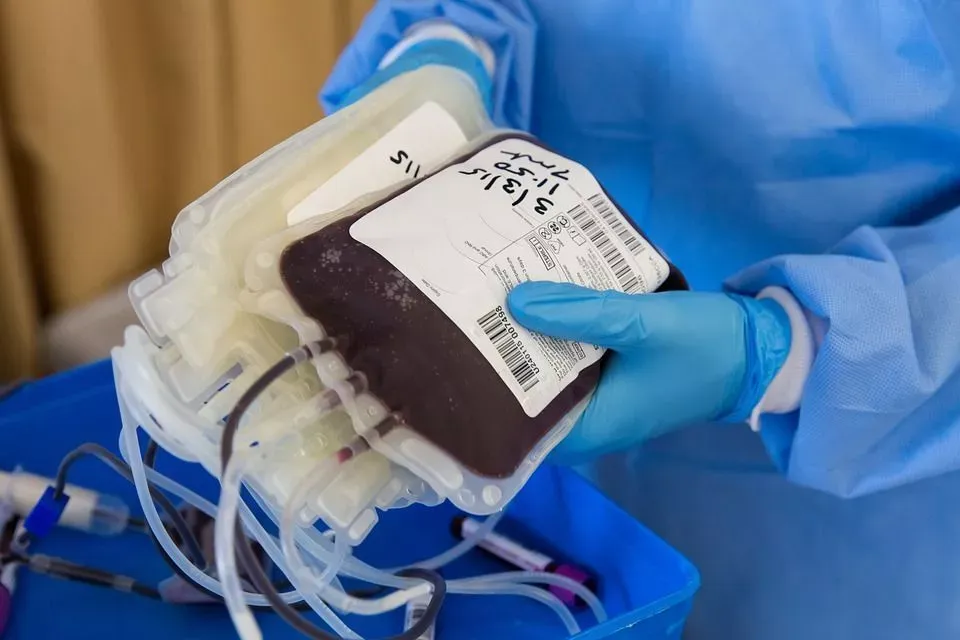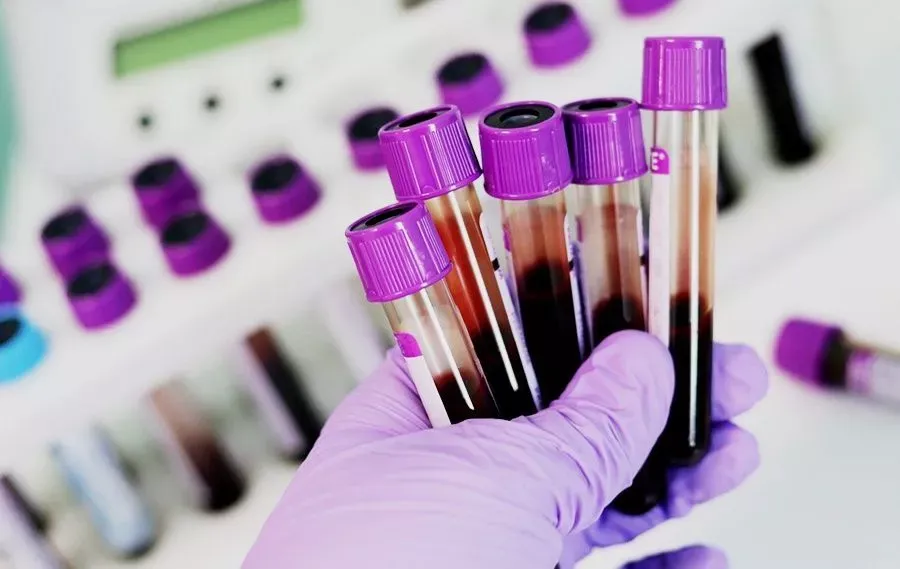We reached another Red June, a campaign to intensify and draw attention to blood donations here in Brazil. The month of June was chosen for two reasons, one of which is the celebration of World Blood Donor Day, which has been celebrated since 2005 on the 14th of June.
The other reason is related to the period of the year. In colder times, such as June, July, and August in Brazil, the number of donations in blood centers usually drops. The fact that this is a period of school holidays, in which more families travel, also contributes to the reduction of blood bags. And now that we are living in a pandemic, things get even more complicated.
Red June is an initiative of the Eu Dou Sangue (I donate blood) movement, which came to support the Eu Dou Sangue Por SP (I donate blood for São Paulo) campaign. Since 2011, when the first edition was held, support came from different sectors of society, and today we have Eu Dou Sangue Brasil (I donate blood Brazil) started in 2015.

Donations in the pandemic
Since the beginning of the pandemic, blood supply has been a concern in blood centers and hospitals. For donations to remain at a higher level and to ensure donor safety, blood banks have been stepping up care. Hemorio, for example, launched the “Isolate Indifference” campaign, to reverse the nearly 40% drop in blood donations in May. Among the initiatives is “Hemorio em Casa”, which already registers 3 thousand donations in condominiums in Rio.
Currently, the stock of negative blood is low, and to try to resolve the situation, Hospital Risoleta Neves in Brazil also entered the campaign with force. According to the hospital, about 600 blood bags are used per month, because blood is an almost daily necessity for patients' transfusions.

Donation care
The Brazilian Association of Hematology, Hemotherapy, and Cell Therapy (ABHH) joined the Brazilian Football Confederation (CBF) and launched the National Green and Yellow Blood Campaign, which organizes donation collections in football stadiums, minimizing crowds. The first two actions took place in the city of São Paulo, at Arena Corinthians and Allianz Park, in April and May. On June 16, in Manaus, the action will be supported by local soccer teams Manaus FC and Rio Negro.
The collection sites are instructed by the Ministry of Health of Brazil to provide conditions for hand washing, antiseptics (such as alcohol in gel), and space management to reduce crowding. Also, care for the hygiene of areas, instruments, and surfaces has also been intensified by blood centers.
The distribution of alcohol gel, the use of the mask, the cleaning of door handles and handrails every hour, and the distance between the collection chairs to avoid physical contact are some examples of preventive measures to prevent the spread of the virus and so that there is no risk to donors.
The Pro-Blood Foundation, a public institution linked to the State Department of Health and the Hospital das Clínicas of the Faculty of Medicine of the University of São Paulo, adopted as one of its measures the use of an individual online scheduling system, which can be done through the Pro-Blood website. The measure also aims to avoid agglomeration and reduce the time people spend at collection points.

Who can donate?
In Brazil, before the pandemic, to be a donor, it was necessary to be between 18 and 69 years old, weigh at least 50 kilos, and be in good health. Now, due to the coronavirus, some measures are being adopted before collection.
Individuals who have had respiratory symptoms and fever in the past 30 days are not allowed to make any donations. Also, if the donor has been in contact with a patient who has had COVID-19 or has symptoms, he/she will not be able to donate blood within at least 14 days.
Basic requirements for donating blood:
- Be in good health;
- To be between 16 and 69 years old, since the first donation was made up to 60 years old (under 18 years old, they need to fill out a form and obtain authorization from those responsible);
- Weigh more than 50 Kg;
- Be rested (having slept at least 6 hours in the last 24 hours);
- Be fed (avoid fatty food in the 4 hours before donation);
- Present an original document with a recent photo, which allows the identification of the candidate, issued by an official group (Identity Card, Professional Identity Card, Work, and Social Security Card, National Driver's License or RNE - National Registry of Foreigners).
You will not be able to donate blood if:
- If under the age of 16 or over 69 (note: the upper limit for the first donation is 60 years old. Those who are 61 years old or more and have never donated are unfit);
- Weigh less than 50 Kg;
- have anemia in the test performed immediately before donation;
- you have hypertension or hypotension at the time of donation;
- you have an increase or decrease in heart rate at the time of donation;
- has a fever on the day of donation;
- you are pregnant;
- you are breastfeeding unless the birth occurred more than 12 months ago.
Note: the donor will not be able to donate if accompanied by children under 13 without the presence of another adult to take care of them.
You can never be a blood donor if:
- have or had a positive HIV test;
- had hepatitis after the age of 10;
- already had malaria;
- has barbers' bug fever disease;
- received a dura mater graft;
- had some form of cancer, including leukemia;
- you have severe lung, heart, kidney, or liver problems;
- you have a blood clotting problem;
- is diabetic with vascular complications or using insulin;
- had extra-pulmonary tuberculosis;
- already had elephantiasis;
- already had leprosy;
- already had kala-azar (visceral leishmaniasis);
- already had brucellosis;
- already had hepatosplenic schistosomiasis;
- has a disease that creates legal non-liability;
- if you have had an organ or bone marrow transplant.
In Brazil, other reasons can prevent blood donation. You can check the complete list on the website of the Pro-Blood foundation or on the Brazilian Ministry of Health website.

